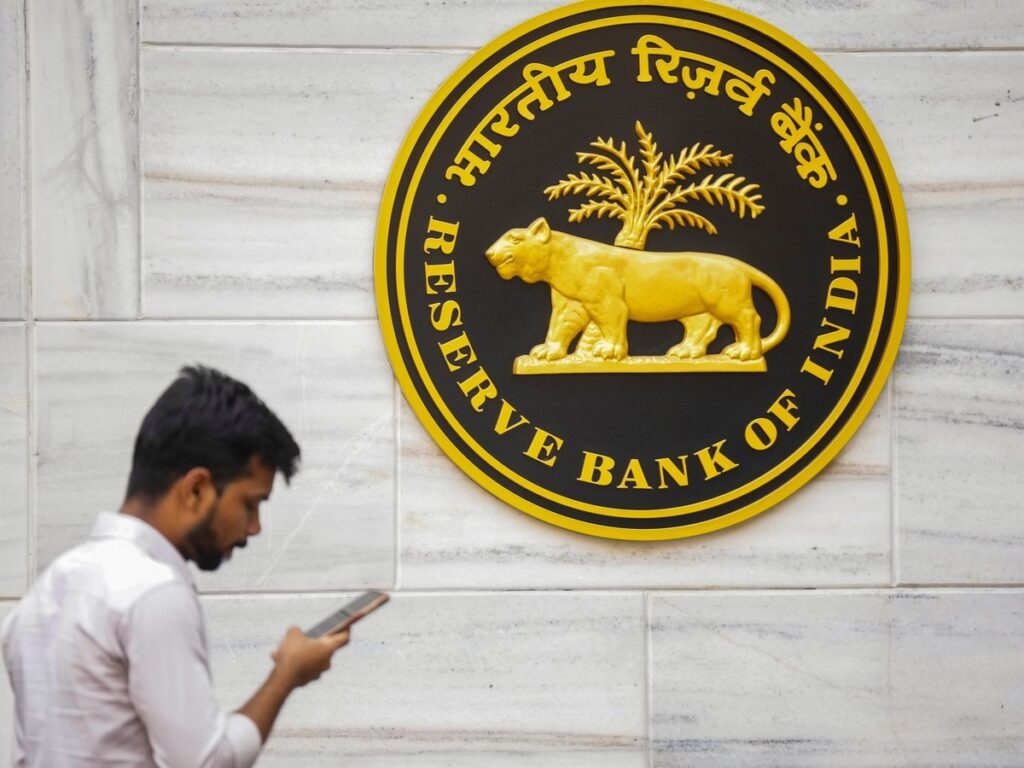The Reserve Bank of India (RBI) is actively exploring the possibility of allowing foreign banks to hold a 26% stake in local banks as part of its ongoing evaluations of the existing banking policies. This statement was made by the RBI Governor, who emphasized the need for a thorough investigation into whether such a policy shift could be beneficial for the banking sector. Currently, the direct foreign investment (FDI) policy does not impose any restrictions on this practice, presenting a crucial opportunity for potential investment in Indian banks.
Understanding the Current FDI Policy
India has a complex framework for FDI, especially in sectors like banking, where restrictions can impact growth and competition.
Key Features of FDI in Indian Banking
- Investment Limits: Foreign banks are currently allowed to hold a limited stake in Indian banks, which is capped at 74% for private banks under certain conditions.
- Capital Requirements: Foreign banks must meet specific capital adequacy ratios to ensure financial health and stability.
- Regulatory Oversight: The RBI closely monitors foreign investments to maintain the integrity of the banking system.
Implications of Increased Foreign Stake
Allowing foreign banks to hold a 26% stake in local banks could have several positive implications, including:
Enhanced Competition
Increased foreign investments could lead to greater competition in the banking sector, driving local banks to innovate and improve their services.
Access to Global Best Practices
Foreign banks bring in international standards and practices, which could help improve the operational efficiency of Indian banks.
Increased Capital Influx
With additional investments, banks may be better positioned to lend to businesses and consumers, thereby stimulating economic growth.
Challenges to Consider
Despite the potential benefits, several challenges need to be addressed:
Economic and Regulatory Risks
An increase in foreign ownership poses risks related to regulatory compliance and economic stability, necessitating a careful evaluation by the RBI.
Impact on Local Ownership
There may be concerns regarding the dilution of local ownership and the influence of foreign stakeholders in domestic banking decisions.
Conclusion
The RBI’s initiative to evaluate the implications of allowing foreign banks to hold a 26% stake in local banks could mark a significant shift in India’s banking landscape. While the potential for increased investment and competition exists, it is crucial to weigh these benefits against possible risks to ensure the stability and growth of the banking sector. A balanced approach will be essential to harness the advantages while safeguarding the interests of local stakeholders.
